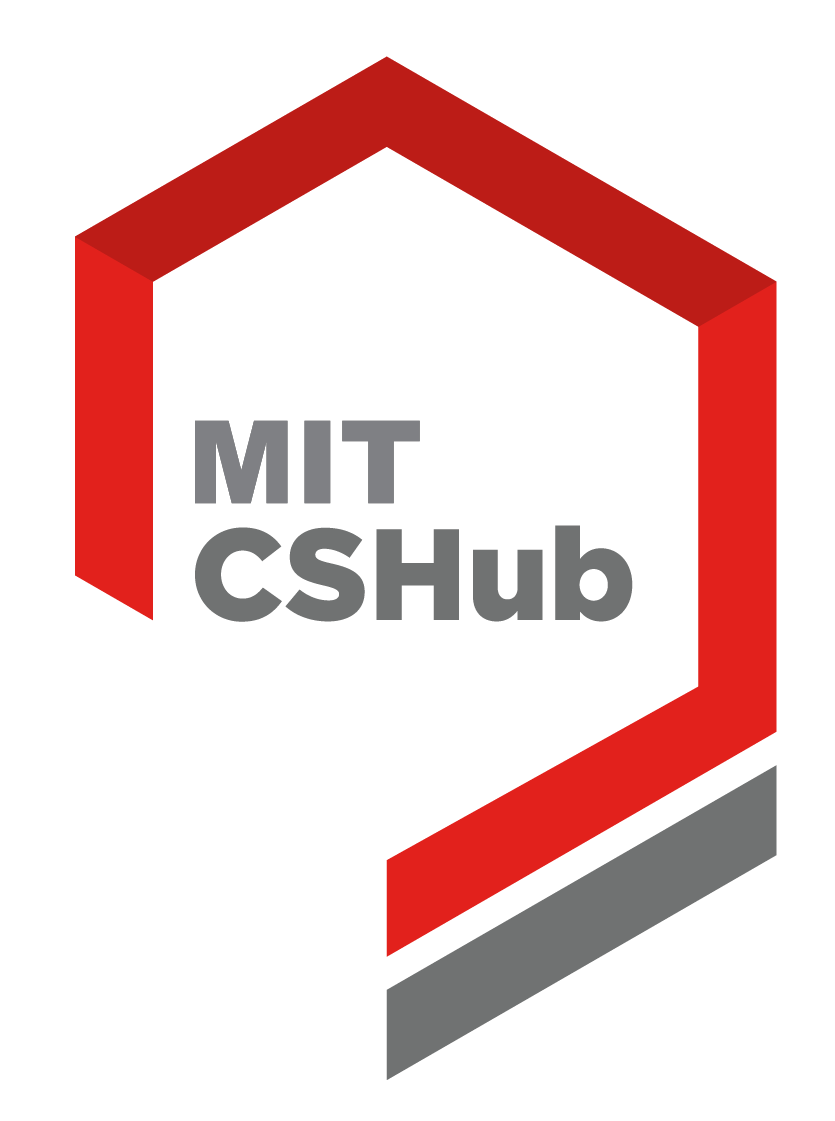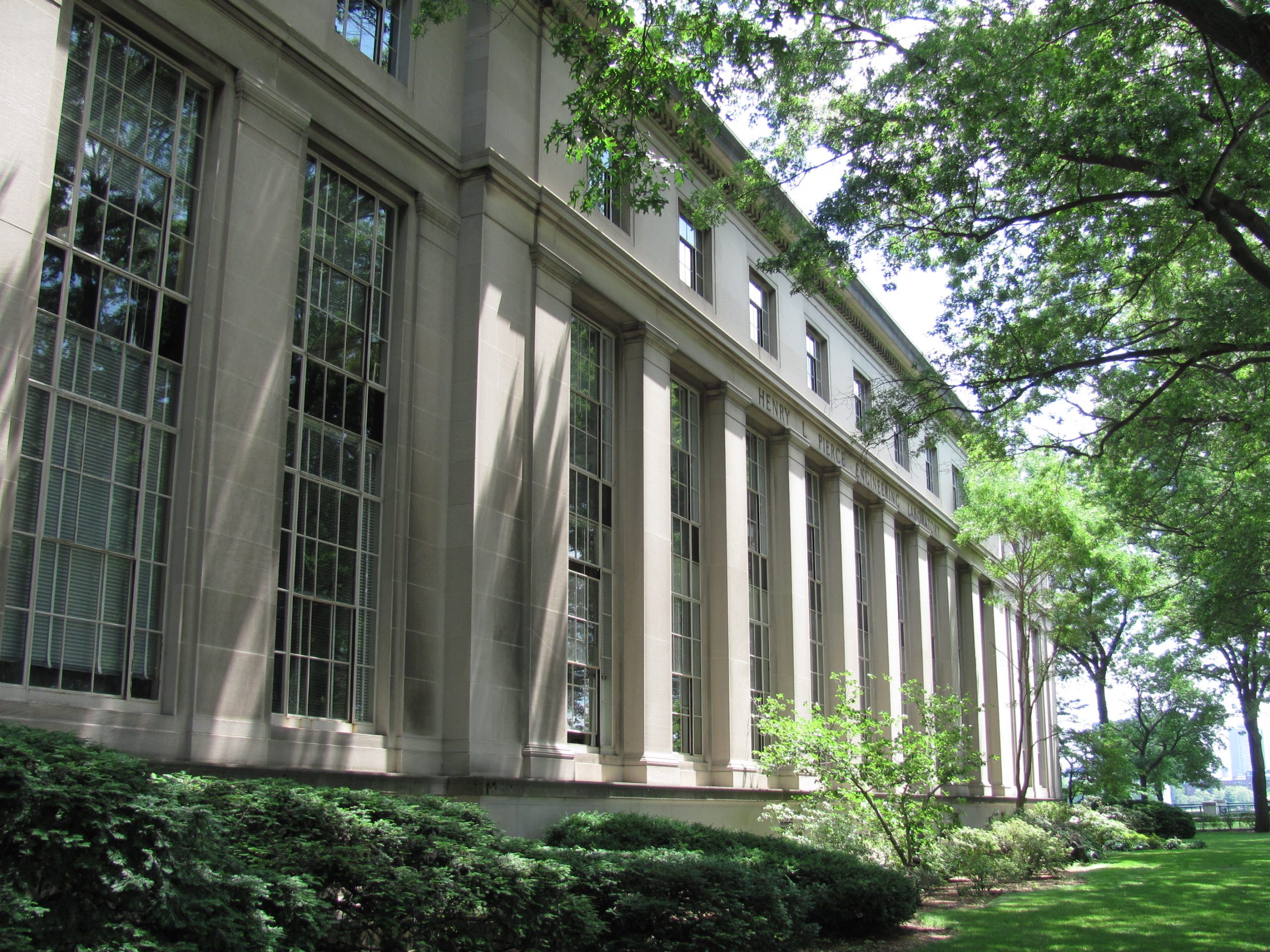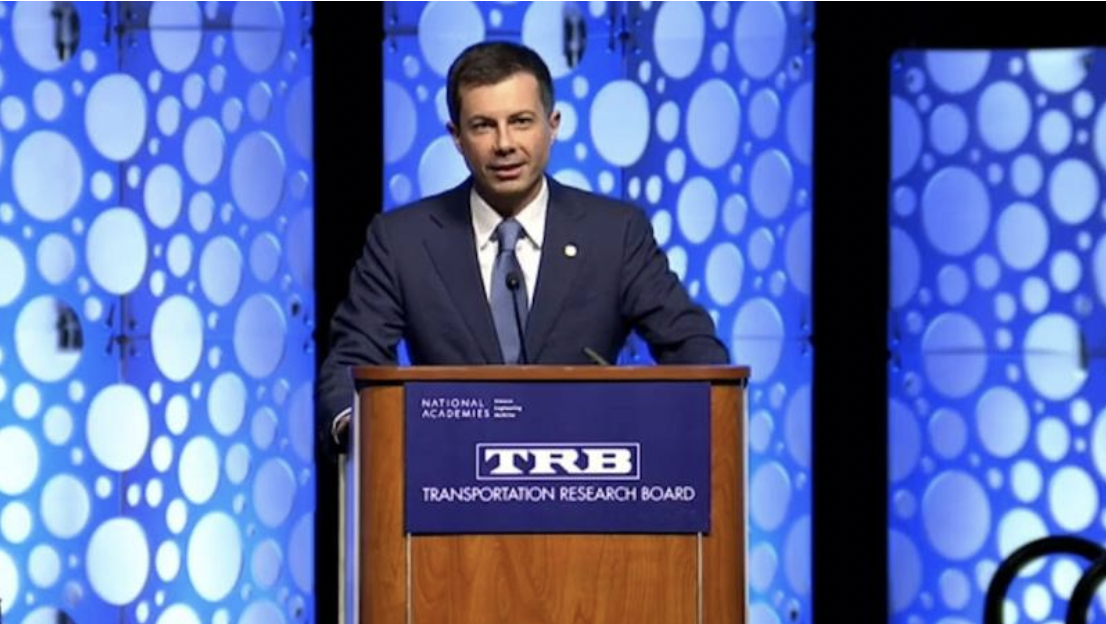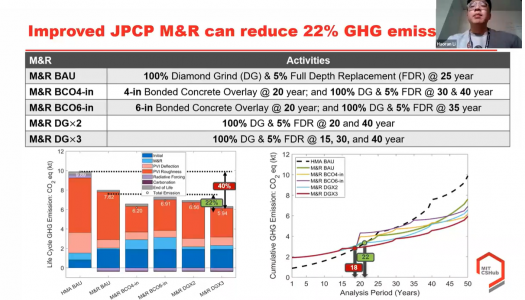Hessam AzariJafari will be a featured panelist at the Transatlantic Institute for Sustainable Trade’s roundtable on 1/31, “Creating a Market for Green Cement and Concrete on Both Sides of the Atlantic,” in Washington, D.C. The roundtable will discuss how regulatory frameworks can support the market uptake of cleaner cement and concrete technologies and accelerate decarbonization efforts.
This event is organized by the EU-U.S. Trade and Technology Dialogue.










